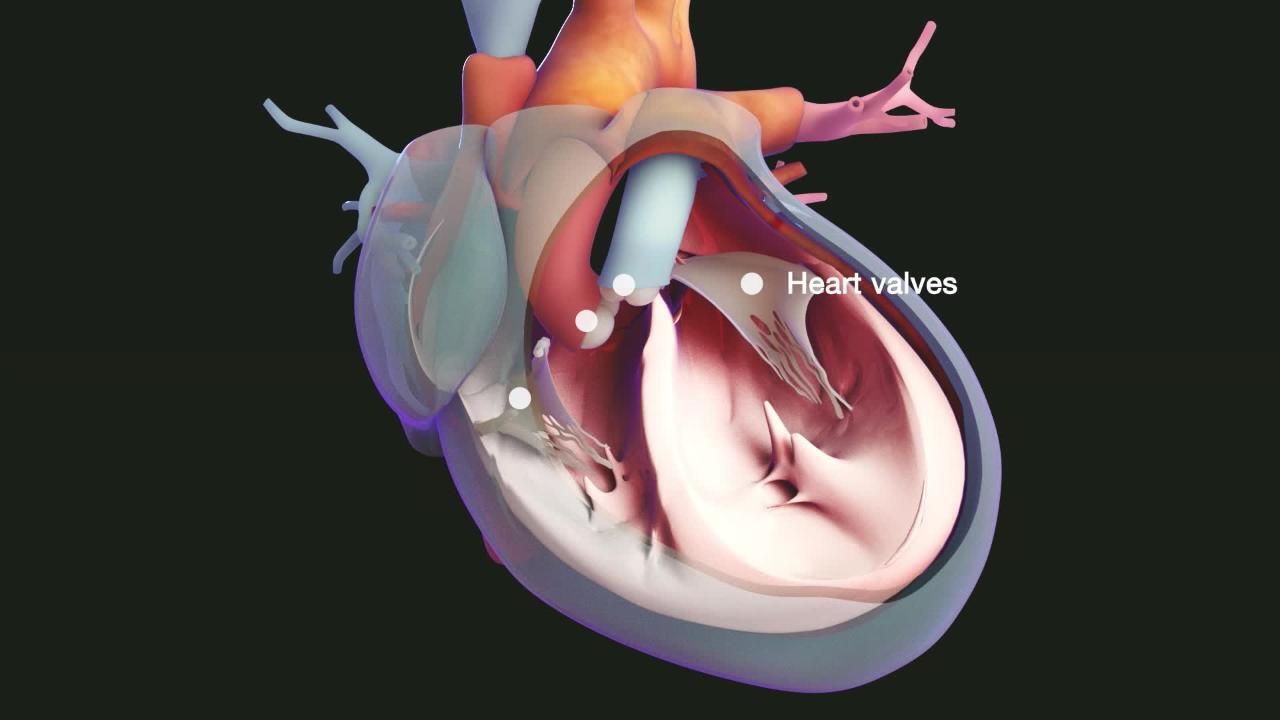Topic Resources
What is mitral valve prolapse?
Four heart valves control how blood flows in and out of your heart. The valves are like one-way doors that keep blood flowing in the right direction.
Your mitral valve separates your left atrium and left ventricle. This valve opens to let blood from your lungs out of your left atrium and into the left ventricle. The valve closes to keep blood from flowing back into your left atrium.
In mitral valve prolapse, the mitral valve bulges back into the left atrium when your left ventricle contracts. If that bulge also causes blood to leak backward into the left atrium, that's called mitral regurgitation.
Mitral valve prolapse is sometimes caused by weakness in the tissue of your valve
Most people have no symptoms
Doctors can hear a clicking sound through a stethoscope and then do echocardiography (an ultrasound of your heart) to diagnose mitral valve prolapse
Most people don’t need treatment
(See also Overview of Heart Valve Disorders.)
What causes mitral valve prolapse?
The most common cause of mitral valve prolapse is weakness in the tissue of your valve, which is genetic (passed down in your family).
What are the symptoms of mitral valve prolapse?
Most people with mitral valve prolapse have no symptoms.
But some people may have:
Chest pain
Fast heartbeat
Awareness of heartbeats
Severe headaches called migraines
Feeling tired and weak all over
Dizziness
A drop in blood pressure when they stand up
How can doctors tell if I have mitral valve prolapse?
Doctors suspect mitral valve prolapse when they hear a clicking sound while listening to your heart with a stethoscope. Doctors use echocardiography (an ultrasound of your heart) to confirm the diagnosis and see if the valve is leaking.
How do doctors treat mitral valve prolapse?
Most people with mitral valve prolapse don’t need treatment. If your heart beats too fast, your doctor may give you a medicine called a beta-blocker to slow it and ease your symptoms.


